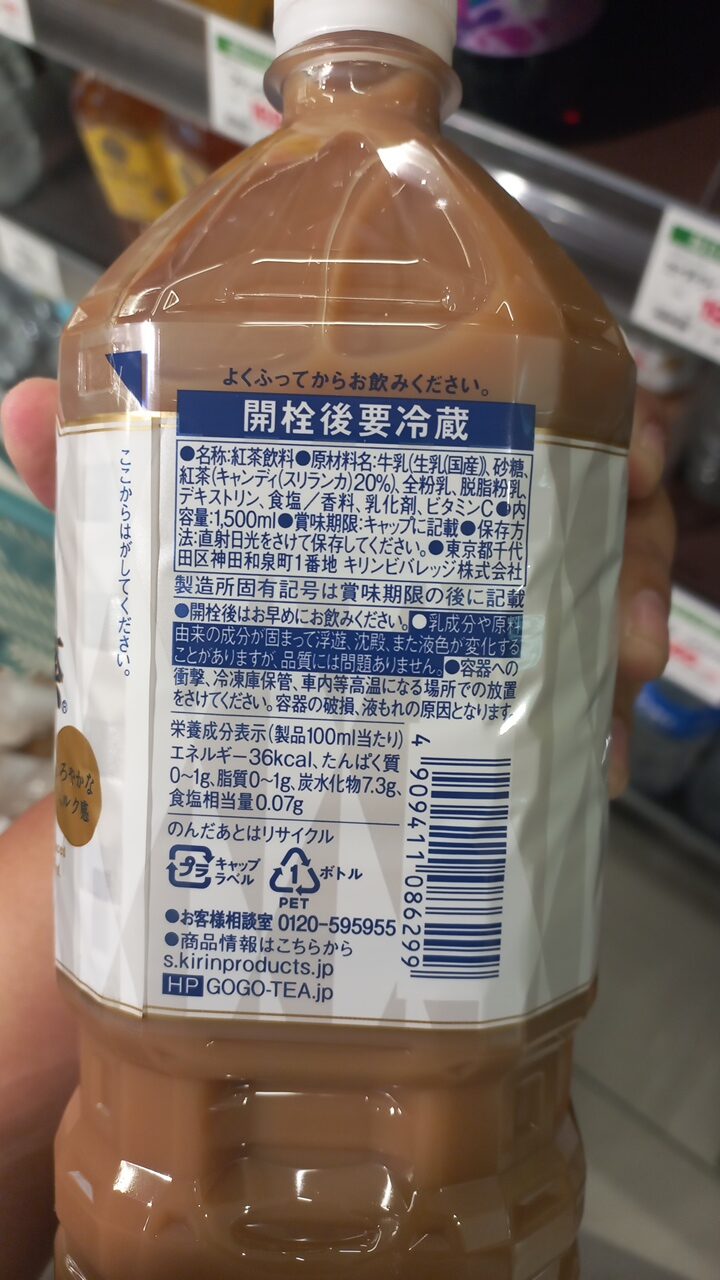
Barcode: 4909411086299
紅茶飲料
HALAL
📝 Reason: According to Islamic dietary law (Quran 5:3, IFANCA), all listed ingredients except ‘flavor’ and ’emulsifier’ are Halal. Both ‘flavor’ and ’emulsifier’ are generic terms and commonly present doubt owing to possible Haram solvents or animal-fat sources when no Halal certification is present. Therefore, the product is classified as Doubtful (2) per strict rules as any single doubtful ingredient triggers this status.
🏷️ Category: Tea
📄 Certificates: 開栓後要冷蔵, 1,500Ml, Vegetarisch
Ingredients:
Details
Understanding the Halal Status of 紅茶飲料
When it comes to food and drink, adhering to Halal standards is a significant concern for many consumers, especially in communities that follow Islamic dietary laws. Today, we’ll explore the Halal status of 紅茶飲料, a delightful tea beverage that has garnered attention for its refreshing flavors. According to Islamic dietary law, food and drink consumed must be permissible, or Halal, with specific focus on the ingredients used.
According to the Halal certification body IFANCA and the guidelines outlined in the Quran (5:3), we need to scrutinize the ingredients in 紅茶飲料. This thorough analysis will help us understand where the product stands on the Halal spectrum.
Ingredients Breakdown
The ingredients listed for 紅茶飲料 include milk, sugar, tea, whole milk powder, skim milk powder, dextrin, salt, flavor, emulsifier, and vitamin C. Let’s examine each ingredient to determine its Halal status:
- Milk: Milk sourced from cows, goats, or sheep is considered Halal, provided that the animal was Halal and healthy at the time of milking. [Source]
- Sugar: Generally Halal as it is plant-derived, although care should be taken if it has been processed with non-Halal bone char. This is rare in commercially refined sugar. [Source]
- Tea: The tea leaves used in this beverage are plant-based and considered fully Halal, with no animal by-products involved. [Source]
- Whole Milk Powder: As it is derived entirely from cow’s milk, it is Halal unless contaminated. [Source]
- Skim Milk Powder: Similar to whole milk powder, it should also be sourced from Halal animals without Haram additives to be considered permissible. [Source]
- Dextrin: A polysaccharide derived from plant starch; considered Halal unless processed with questionable enzymes that are not specified here. [Source]
- Salt: Naturally a mineral product, salt is Halal. [Source]
- Flavor: This term is generic and can potentially involve alcohol-based solvents or animal derivatives. Its status remains Doubtful without detailed information or Halal certification. [Source]
- Emulsifier: Like flavor, this term is ambiguous and could originate from plant, animal, or synthetic sources; thus, its Halal status is uncertain. [Source]
- Vitamin C: Often synthesized or extracted from fruit, Vitamin C is generally deemed Halal. [Source]
Halal Certification and Doubtful Ingredients
In light of the ingredients above, we find that all listed components except ‘flavor’ and ’emulsifier’ are classified as Halal. This has led to the conclusion that 紅茶飲料 is considered a Doubtful status product (2), as even a single doubtful ingredient can trigger this classification in accordance with strict Halal guidelines.
Ultimately, while the key ingredients in 紅茶飲料 are Halal, the uncertainty surrounding ‘flavor’ and ’emulsifier’ is significant. This categorization is particularly important for diligent consumers looking to align their dietary habits with their beliefs. It’s essential to seek alternatives that provide clear Halal certification and transparency regarding their ingredients.
Conclusion
In conclusion, the Halal status of 紅茶飲料 is a nuanced topic that revolves around its ingredients. For those committed to following a Halal diet, it’s vital to stay informed about the specifics of what we consume. Understanding the implications of each component is key to maintaining adherence to religious principles, ensuring both peace of mind and satisfaction in dietary choices.
